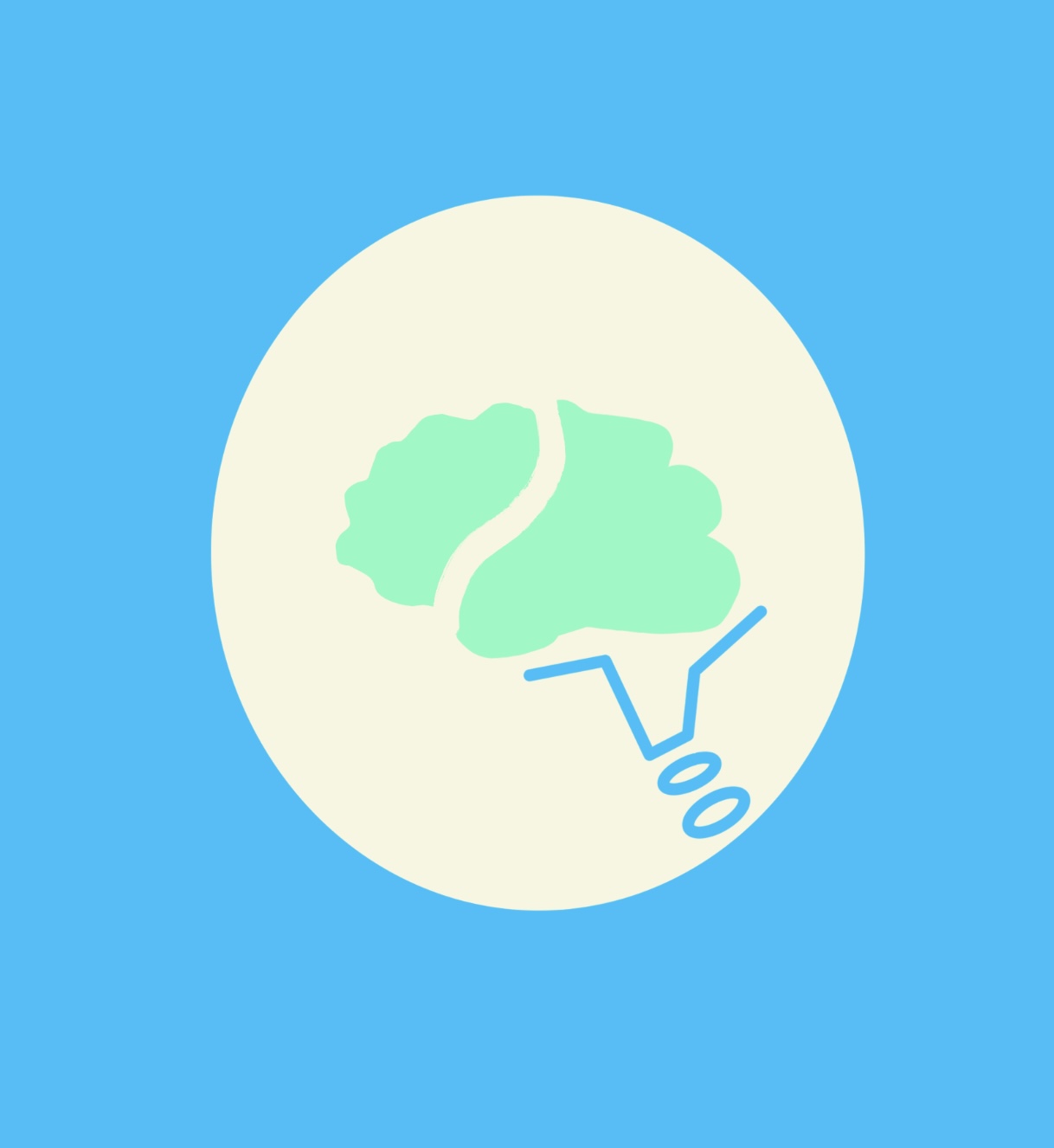Introduction
Earlier this March, I had the privilege of interviewing Spyridoula Cheimariou (PhD), an assistant professor from Xavier University of Louisiana. There, Cheimariou works in speech development, her specified interest being in aphasia. This category of research refers to the cognitive science of language processes in the brain, exploring how damage and malfunctions affect language comprehension and speech. Her field focuses on discovering the root causes of language disorders, implementing the use of technology and brain marker to advance understanding of language based neuroscience.
Journey into Neuroscience
Cheimariou first sparked her interest in neuroscience through her first degree, which was in linguistics. Having this exposure in school, Cheimariou was introduced to the science of language deficits, which developed her passion for the field. This realization led to her evolution from a Master’s in Cognitive Science to a Ph.D. in Speech Pathology.
By pursuing the field of neuroscience, Cheimariou focuses on conducting research, one of her studies relating to the connectivity of measurable brain waves to aphasia. In her research, she uses EEGs (Electroencephalogram) to measure the electrical activity of the brain from participants who are engaged in various activities, such as reading. Doing this has allowed Cheimariou and other scientists to better compare how brain markers in average people differ from those who are struggling with language. This research could help unlock the future potential of technologies and genetic techniques that could target missing markers and help uncover the root causes of language deficiencies.
The Future
When I asked Cheimariou about what she believes is one of the most important factors for getting the younger generation involved in neuroscience, she brought up the importance of hands-on experiences. She proclaimed that she has a passion for involving undergraduates in research, believing that hands-on experience in the lab is the best way to gain knowledge in the field of neuroscience. She has conducted such activities at her previous job at the University of Alabama, encouraging students from an early age to be curious about the medical world and discover what fuels their passion.
When I asked her to elaborate on how to get students involved earlier than college, Chemimarious recommended high school programs and college labs—as such initiatives can be used to expand the neuro field and lead to better-trained professionals in the future.
Finding the way
Cheimariou also noted that for one to succeed in the field of neuroscience (especially the youth) one must display discipline, education, and curiosity in cultivating future neuroscience researchers. Her advice to students (especially first-generation college students) is to be stubborn. By being persistent, there is an opportunity for future exploration, allowing future neuroscientists to stay curious and passionate, even when challenges present themselves.
Cheimariou elaborated on the aspect of passion by discussing that to overcome challenges and failed experiments. She details how one must “stay in the game” of research as mistakes are inevitable, but each mistake is a crucial stepping stones to future success in the field of neuroscience.
This ties into the fact that having a passion for what you dedicate your life to fuel perseverance, allowing you to thrive and excel in your field of medicine. Chemimarious closed the discussion of the future of neuroscience by pointing out the importance of staying dedicated to research and understanding how these efforts contribute to the broader field of neuroscience.
Final Advice
Towards the end of our interview, I asked Cheimariou about any final advice she has for anyone getting into the medical field, and her words are as follows:
“Do your homework, see where your passion in neuroscience takes you, see all the possibilities. There are so many fields—cancer, medicine, language, biology— and yet, neuroscience can be used for anything.”
Neuroscience has so many opportunities, whether it is in the field of human cognition or language. The future generation has endless options, so building a passion and base now will help form a stronger healthcare system for tomorrow.

Leave a Reply